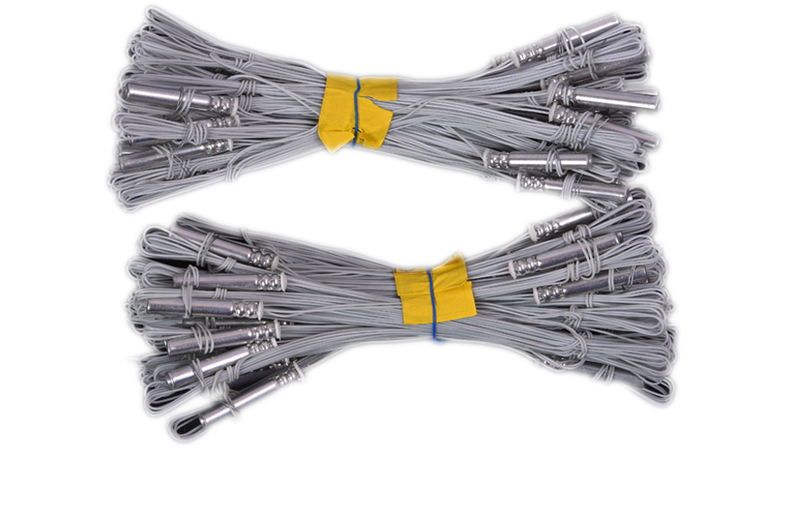- 040-27819777, 9848306302
- info@apexplosives.com
Instantaneous electric detonators comprise aluminium shells which are crimped with an electric fuse head soldered to a pair of GI wire having required PVC plug with APEL embossed on the plug for identification of the manufacturer. Each fuse head is checked for electrical characteristic like resistance that provides high reliable initiation of the explosives. The bare wires at the other end of the detonators are shorted with the body of the shell to arrest from initiation due to stray or static currents. After arranging instantaneous electric detonators in series, they are fired by means of blasting machines which gives adequate amount of energy required in the form of electrical impulse.

| Shell Material | Aluminum |
| Shell Length | 43+/-0.2 mm |
| Base Charge | PETN |
| Primary Charge | ASA |
| Lead wire colour | white/white or as per customer requirement |
| Lead wire material | Tinner steel wire (steel wire- 25 swg) |
| Bare Wire | 0.46+/-0.02 mm |
| Lead wire resistance | 0.7 ohms/meter |
| Lead wire length | 1.5 meters, 1.8 meters, 3 meters, 4 meters or as per requirement of the customer |
| Fuse head resistance | 1.6 to 2.4 ohms |
| Firing impulse | 3.2 milliwatt sec per ohm |
| Firing current | 1.2amps Dc current, 0.8 amps DC for single |
| No fire current | 0.18 amps applied for 300 seconds |
| Quantity per box | 1500 or as per length of wire |
| Packing material | Fibre Board |
| Net weight | 14.5 kgs |
| Gross weight | 17.0 kgs |
| Case dimension | 540x360x245 mm |
Instantaneous electric detonators are initiators which have a wide range of applications in open cast, quarrying and also non-gassy underground mines, construction sites etc.
Instantaneous Electric detonators are made into bundles of 25 numbers. Two such bundles are then wrapped in craft paper to make a packet of 50 detonators. Thirty such packets are placed in a corrugated fiberboard box. The quantity per box may vary depending on the length of the wire used.
| Class | 6 |
| Division | 3 |